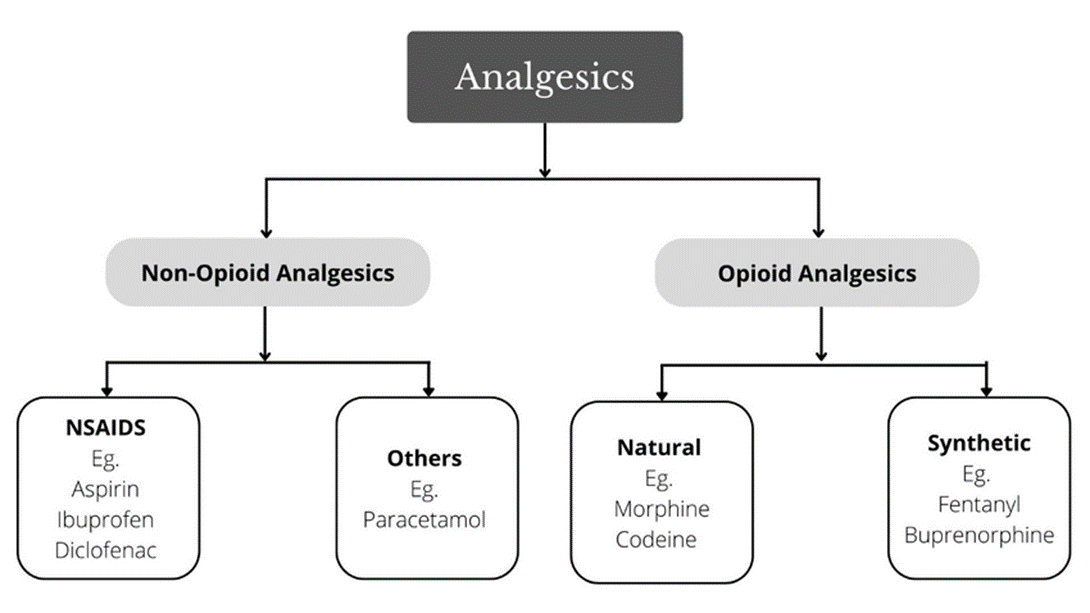Twenty minutes after the onset of symptoms, an adult client presents to the emergency department with slurred speech and right-sided weakness. After a computerized tomography (CT) scan reveals a non-hemorrhagic stroke, the nurse administers alteplase. Which assessment finding warrants immediate intervention?
Headache with blurred vision.
Lower extremity edema.
Paroxysmal supraventricular tachycardia.
Frequent premature ventricular contractions.
The Correct Answer is A
Choice A reason: A headache with blurred vision following alteplase administration could indicate intracranial hemorrhage, which requires immediate intervention.
Choice B reason: Lower extremity edema is not typically an immediate concern post-alteplase administration unless it indicates a deep vein thrombosis.
Choice C reason: Paroxysmal supraventricular tachycardia requires monitoring, but it is not as urgent as a headache with blurred vision, which could signify a life-threatening complication.
Choice D reason: Frequent premature ventricular contractions should be monitored, but they are not as critical as a headache with blurred vision post-alteplase.
Nursing Test Bank
Naxlex Comprehensive Predictor Exams
Related Questions
Correct Answer is B
Explanation
Choice A reason: While living in older housing projects can pose a risk, the age of the child and their behaviors, such as hand-to-mouth activities, make younger children more susceptible.
Choice B reason: A 2-year-old is at the highest risk due to their developmental stage, which includes frequent hand-to-mouth activity and the likelihood of playing in soil or dust that may be contaminated with lead.
Choice C reason: Adolescents working in a paint factory may be exposed to lead; however, they are less likely to engage in hand-to-mouth behaviors that lead to ingestion, which is the primary route of lead poisoning in children.
Choice D reason: A 10-year-old with Type 1 diabetes mellitus does not have an increased risk of lead poisoning based on their condition alone.
Correct Answer is A
Explanation
Choice A reason: The priority is to manage the client's severe pain, which can be achieved through the administration of an IV analgesic. Effective pain management is crucial for postoperative recovery and can prevent complications related to increased pain, such as elevated heart rate and blood pressure.
Choice B reason: While assessing the IV site for patency is important, it is not the most critical intervention when a client is experiencing severe pain.
Choice C reason: Providing a pillow for splinting can help with pain management during movement or coughing but does not directly address the immediate need for pain relief.
Choice D reason: Placing the client in a high-Fowler's position may aid in comfort and breathing but is not the most important intervention for severe pain management.

Whether you are a student looking to ace your exams or a practicing nurse seeking to enhance your expertise , our nursing education contents will empower you with the confidence and competence to make a difference in the lives of patients and become a respected leader in the healthcare field.
Visit Naxlex, invest in your future and unlock endless possibilities with our unparalleled nursing education contents today
Report Wrong Answer on the Current Question
Do you disagree with the answer? If yes, what is your expected answer? Explain.
Kindly be descriptive with the issue you are facing.
